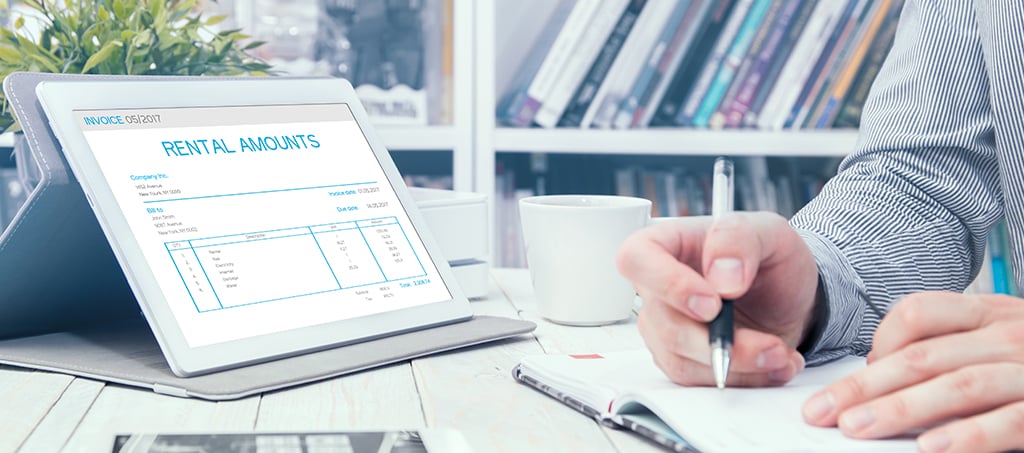BLOG
Subscribe to our newsletter
3 formulas to help you budget your rental property maintenance

Budgeting for property repairs and maintenance can be challenging. No two properties are the same—a lot of variables come into play. However, if you’re hunting for a ballpark figure, here are three formulas that might help.
1. The one per cent rule
Take one per cent of your property’s value and put it aside to cover its repairs and maintenance costs per year.
For a property worth $575,000, that’s $5,750 annually. This “rule” is common across the world, however, in New Zealand property managers usually recommend between 0.3 and 0.5 per cent, which comes to $1,725 to $2,875 per year.
2. The 1.5 formula
With this formula, take your monthly rental fee and times it by 1.5 to calculate your annual maintenance costs.
Using the median rent from Rototuna/Flagstaff, a monthly median rent of $2,350 would mean a yearly maintenance budget of $3,510.
3. The 50 per cent rule
Under this formula, rental owners allocate half their rental income to operating costs. This includes repairs and maintenance, along with expenses such as council rates, insurance and property manager hire.
For example, if we were to take the $540 weekly median rent charge for Rototuna/Flagstaff, $270 per week would go towards the property’s ongoing costs. Over the course of the year that comes to $14,040, which includes property maintenance and repairs together as part of your overall running costs.
Every property is different
While these rules provide some basic guidelines, it is important to remember that every property is different and maintenance costs can vary wildly depending on:
- Property size: The maintenance requirements for a five-bedroom house will be vastly different to a two-bedroom flat.
- Property age: Generally speaking, new builds won’t need much in the way of maintenance in their first few years, while an old 1920s villa may need significantly more.
- Design: Homes that use low-maintenance building materials, for example, will require less repairs and upkeep.
- Painting the exterior: Timber weatherboards require repainting every seven to ten years and this can be a costly exercise—often as much as $50,000 over 20 years. Meanwhile, brick homes require virtually no maintenance at all.
Save for the rainy days
If you find yourself with a budget surplus, save it for the next year, and the next. It is better to build a healthy buffer than cut back your maintenance budget and later find yourself wanting when a big repair or maintenance bill arrives.
Average property maintenance costs: a study from Auckland
While no such information exists for Hamilton, data from Auckland found that of the 14,000 properties in one agency’s rental database, 60 per cent underwent general maintenance in 2016. These homes had an average maintenance cost of $300 per month or $3,600 per year.
However, not all rental properties undergo the same amount of maintenance each year—some years may be heavy, others light, and some not at all. When the property maintenance costs were applied across the full database of properties (i.e. the 60 per cent that underwent maintenance and the 40 per cent that did not) the average monthly cost of maintenance reduced to $82 overall. Here’s a breakdown for each property type:
- Houses: $90 per month.
- Units: $67 per month.
- Flats: $79 per month.
- Townhouses: $77 per month.
These costs may seem surprisingly low. However, keep in mind that BRANZ research has found that only 56 to 68 per cent of people who rent live in reasonable or well-maintained homes. In other words, 48 to 32 per cent of renters live in poorly maintained properties.
The similarities between BRANZ’s figures and the Auckland data suggests that while 40 per cent of the Auckland rental properties didn’t undertake any maintenance—thus lowering the average cost of maintenance—they probably should have.
The takeaway? If you’re looking to budget your property maintenance costs on data and averages, examine the data of properties that conduct regular maintenance (as they should), rather than those that don’t. Otherwise, you might find yourself coming up short.


